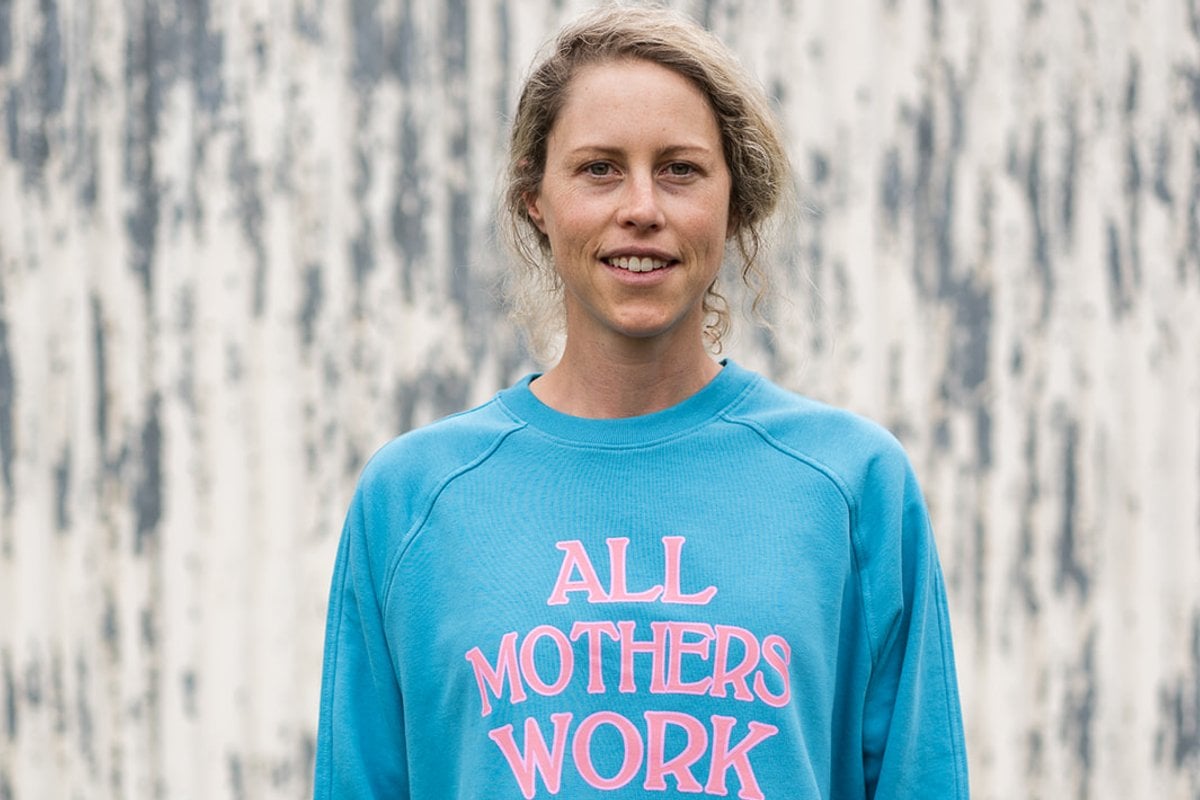
Do you value care work, paid or unpaid?
Do you believe that work should be supported?
Do you believe that a woman’s contribution to society is inherently different, but not less valuable than, a man’s contribution to society?
If you answered yes to those questions, you might be a 'care feminist'. Care feminists believe true equality can only be attained by appropriately valuing and supporting care work rather than simply enabling people to avoid it. They believe care is a necessary function in society worth preserving through various support measures, rather than something to be minimised. They believe that ultimately the emancipation of women relies on the freedom to choose to perform both paid and unpaid work without penalty.
I became a care feminist when the doctor pulled my first born out of a six-inch incision in my abdomen. On experiencing childbirth, breastfeeding and the care of babies firsthand I realised that due to my body parts my contribution to society could never be exactly the same as a man’s. Not less, just different. I also gained a better appreciation of how incredibly challenging, important and rewarding the work of care is.
I came to the conclusion that my contribution should be equally valued rather than considered something ‘lesser’ or something to be avoided. I became increasingly dissatisfied with the idea that I was only considered valuable and ‘equal’ if I was present in the workplace; the suggestion that I was somehow letting down the sisterhood by engaging in unpaid care work.
According to care feminism, equal workforce participation is a deeply flawed measure of equality. Unless we can teach men how to give birth and breastfeed and produce more female sex hormones, women will remain at an inherent disadvantage when it comes to workforce participation and men will remain at an inherent disadvantage when it comes to caring for babies. It’s not an equal playing field, and many people have identified this issue, so why do we continue holding women up to the measure of men? Why aren’t we constantly shaming men with national unpaid workforce participation graphs plastered across the TV?
Watch: If a man lived like a woman for a day. Post continues after the video.




























































































